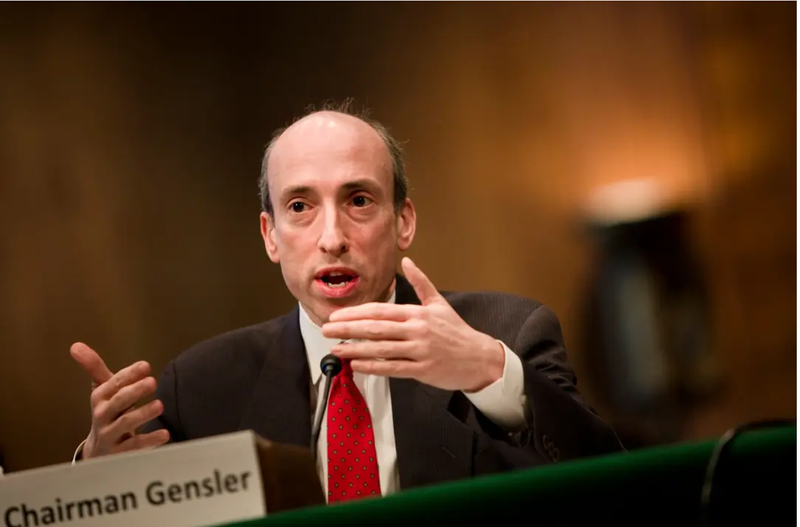SCOTUS Denies Hearing X's First Amendment Case
The US Supreme Court (SCOTUS) on Monday declined to hear X's (formerly Twitter's) appeal of a lower court ruling against disclosing government data requests. X had argued that it was 'critical' that SCOTUS take the case to establish standards for when and how tech companies can speak about govern...
0:00
/1861
Facts
- The US Supreme Court (SCOTUS) on Monday declined to hear X's (formerly Twitter's) appeal of a lower court ruling against disclosing government data requests. X had argued that it was 'critical' that SCOTUS take the case to establish standards for when and how tech companies can speak about government requests to surveil user data.1
- The company, then Twitter, began its first legal action on the issue in 2014, a year after Edward Snowden leaked details about the US government's secret telecom surveillance. The government then ruled that companies could report demands from agencies like the FBI, but only in wide ranges rather than exact numbers.2
- In 2015, Congress passed a law to allow tech companies to be more transparent, but that too limited them to a range of as little as 100 to as much as 1K national security inquiries. In its lawsuit, Twitter said it wanted to disclose the exact number of requests within a prior six-month period. The company sent a draft report to the FBI before suing, but the agency replied by saying the content of the report was classified and could not be unveiled.1
- Since then, a trial judge has dismissed X's lawsuit, the San Francisco-based 9th Circuit Court of Appeals upheld the decision in March 2023, and now SCOTUS has declined to hear the case.2
- After the Appeals Court decision, which ruled the request 'would risk making foreign adversaries aware of what is being surveilled and what is not being surveilled,' the American Civil Liberties Union called it 'disappointing and dangerous.' X, in a statement, said it would 'substantially erode' previous First Amendment precedence.3
Sources: 1SaltWire, 2ReadWrite and 3Verge.
Narratives
- Pro-establishment narrative, as provided by Justia Law. There is nothing more to be said following previous court rulings. Agencies such as the FBI have deemed certain data requests classified because their disclosure would jeopardize national security. The fact that there are documents even X wasn't allowed to see as a plaintiff shows how sensitive they were. The government doesn't take such action lightly, but when they do, companies need to understand the gravity of government data requests.
- Establishment-critical narrative, as provided by Twitter Transparency Center. X has been trying to combat government secrecy and data breaches since before it was called X. Unfortunately, for the 69% of requests it complied with, X was mandated by federal law. However, when the US government previously asked to wiretap Twitter users, the company declined, citing violation of the law. The US FBI, DOJ, and Secret Service make up a disproportionate amount of global government data requests — this is a violation of free speech, and authoritarian surveillance, that X will continue to fight.







